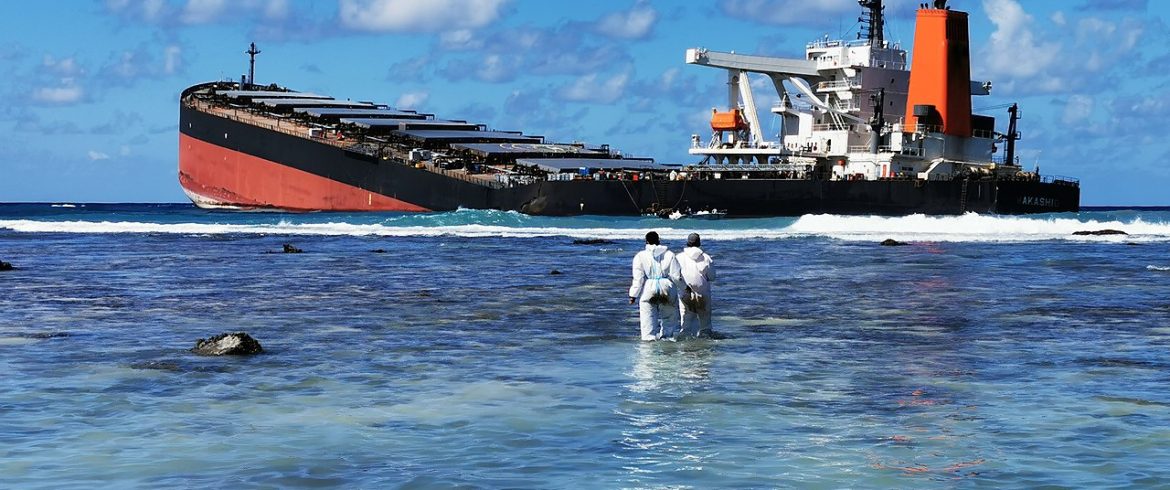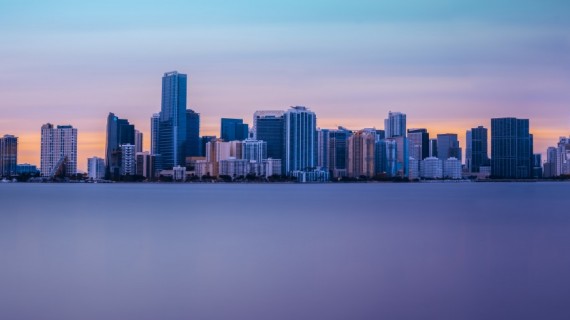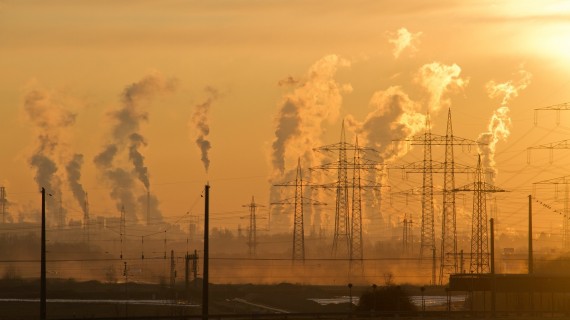Environmental disasters linked to man are becoming more and more frequent. What happened last July 25 in the Indian Ocean, southeast of the tropical island of Mauritius, invites us to reflect and draw important conclusions. Man is the main cause of the deterioration of our ecosystem. We ourselves are endangering the survival of the world in which we live, without realizing that we are reaching a point of no return. A point that should be frightening but that, instead, seems to be ignored by most people. It is therefore useless to complain and stand by and watch, when the only right thing to do would be taking the reins of the situation.
The Mauritius disaster
Let’s take the example of the Mauritius where the merchant ship Wakashio, after having run aground and broken in two, has lost more than 1000 tonnes of fuel into the sea. The fuel quickly leaked into the turquoise waters of the lagoon, and two weeks later the local government declared a health emergency.
This accident demonstrates once again how man is not only unable to take responsibility for his actions, but also how he cannot learn from his mistakes. Similar events have already occurred in the past, such as the collision of the tanker Exxon Valdez with a barrier in Alaska, which in 1989 caused the spillage of 11 million gallons of oil into the sea. According to a recent study by the National Oceanic and Atmosferic Administration, some 98,000 liters of oil still contaminate the area’s coasts and the local population still shows signs of hydrocarbon poisoning.
What makes us angrier, however, is to know that most of the times these are accidents that could have been avoided or restrained thanks to more immediate interventions, such as the one of Wakashio. As testified by some sources, it seems that on board the ship there were celebrations, and that the approach to the coast was put in place to achieve a better telephone coverage. This information would lead anyone to point the finger at the commander but, as it is well known, the fault is never attributable to a single party.
In Mauritius also the authorities of the island have taken a false step. The first rescue operations started in fact almost a week after the stranding of the ship, thus making vain the race against the time of citizens who made themselves available, even with rudimentary tools such as tissues, sugarcane leaves and plastic bottles, to try to reduce the damage. The authorities are therefore on trial, accused of having been delayed in the rescue, and of having declared the emergency almost two weeks after the accident.
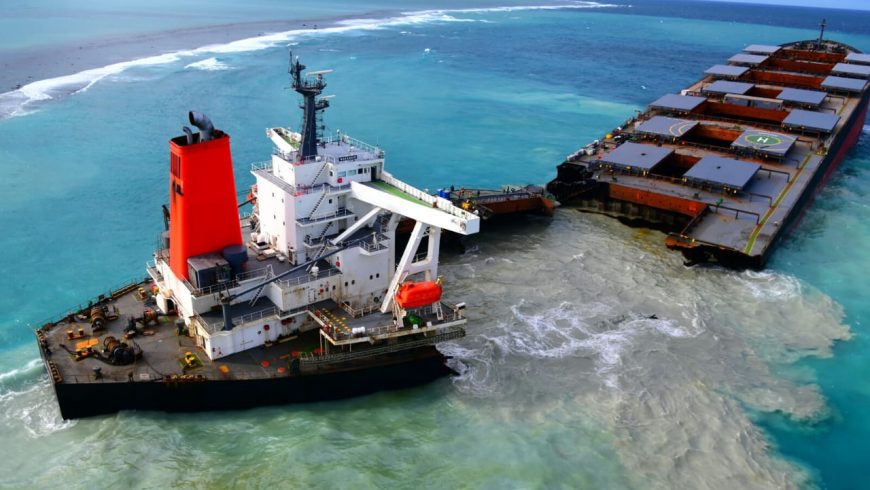
The consequences
The effects of these events are devastating, and they affect our ecosystem irreversibly. The fuel poured into the sea by the ship Wakashio has caused great damage to the marine flora and fauna, changing their conditions of growth forever. Unfortunately, it is not only the fuel in the sea that worries, in fact there are many other toxic substances that every day man spills into the environment.
First of all, we find plastic: an increasingly widespread material, and for which an effective method of disposal has not been discovered yet. According to some sources, today in the oceans there are more
than 150 tons of plastic, intended to increase if production does not stop. What we are provided with is a really worrying data, if you consider that a small container of this material takes between 100 and 1000 years to be disposed of.
Plastic is the main enemy of marine fauna, and thisis why many species are becoming extinct, and some are in serious danger. Sources say that high percentages of plastic were found inside the bowels of many seabirds, and many died, such as sea turtles, mistaking it for jellyfish and swallowing it. However, man is not immune and also our health is affected by all this.
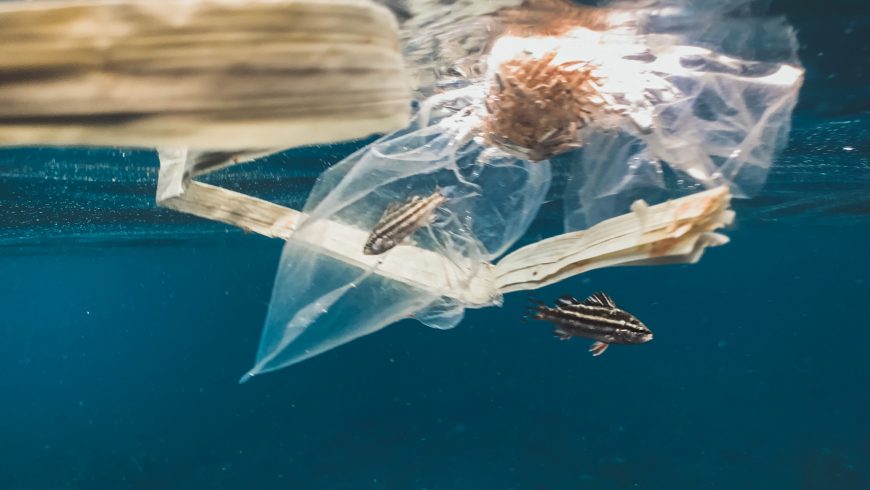
The percentage of plastic we ingest is every year higher: today it is more or less the size of a credit card per week.
This is the most evident effect of pollution, but in the process of evaluating the damage we must not forget the economy, especially as regards the tourism sector. Let’s return to the example of the disaster that occurred last July on the islands of the Indian Ocean: the fuel in the sea also had negative consequences for tourism, which is already in crisis because of the pandemic that is affecting the whole world right now.
Infact, many have given up spending their holidays in what it is considered as one of the most heavenly places on earth, compromising local businesses which only live thanks to the presence of tourists.
In conclusion, we can sadly say that man is slowly contributing to its extinction; an event that is now destined to come, but that we could slow down thanks to a strong awareness-raising activity. One does not expect a sudden change but many small gestures that, in the long run, could lead to a small improvement. If we all try, we may be able to ease the burden of our mistakes on future generations.
Cover image: Photo by imo.un, via wikipedia

